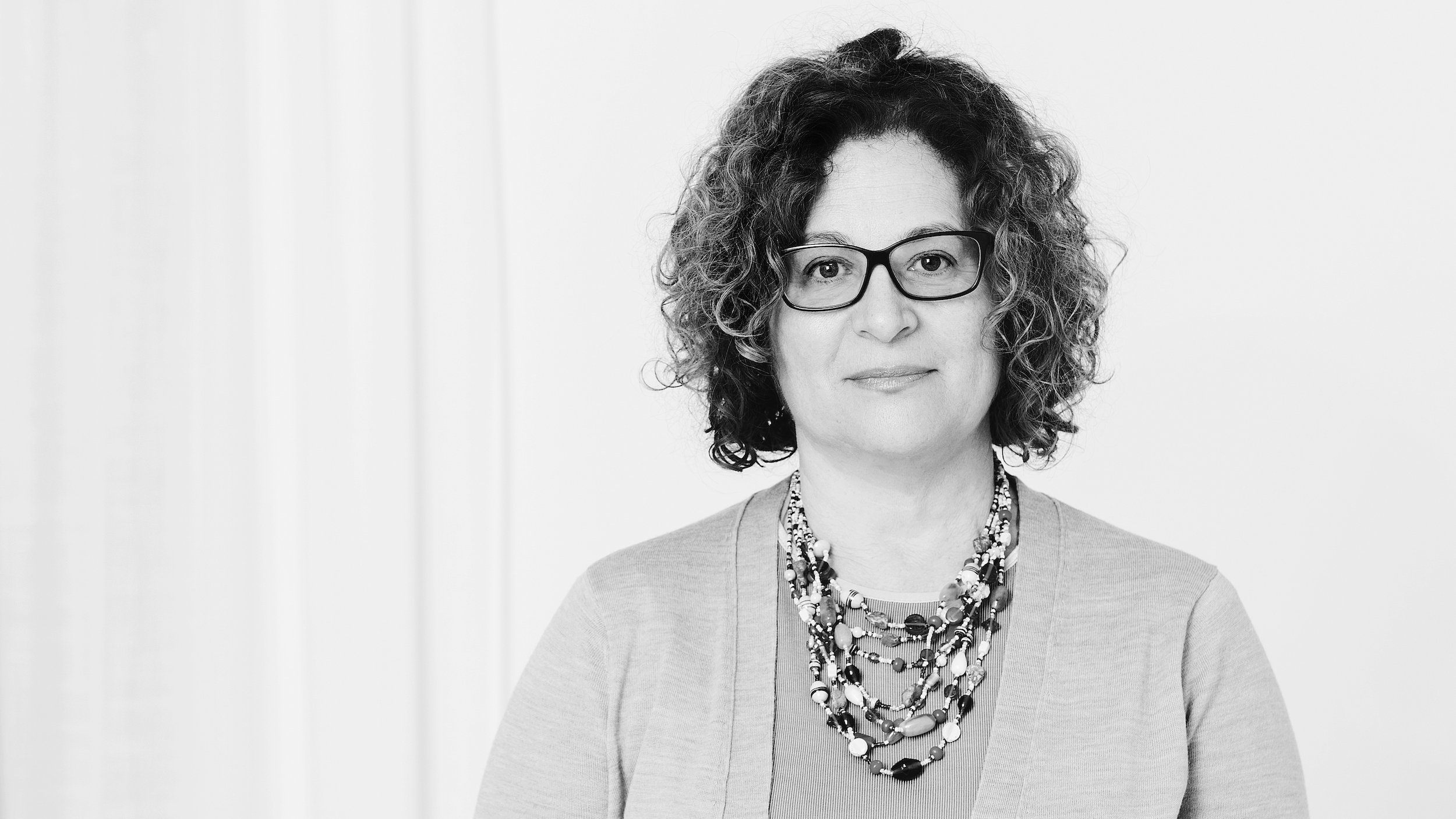Masha on clitics in Heritage Bulgarian
February 06, 2022

Heritage speakers of Bulgarian reanalyze the patterns of clitic placement.
Fresh in the journal Languages, "Language-Internal Reanalysis of Clitic Placement in Heritage Grammars Reduces the Cost of Computation: Evidence from Bulgarian," from Maria Polinsky with co-authors Tanya Ivanova-Sullivan and Davood Tofighi from the University of New Mexico, and Irina Sekerina from CUNY. The paper gives to data to show that heritage speakers of Bulgarian are likely to reanalyze the patterns of clitic placement, which are subject to strong prosodic constraints.
Abstract
The study offers novel evidence on the grammar and processing of clitic placement in heritage languages. Building on earlier findings of divergent clitic placement in heritage European Portuguese and Serbian, this study extends this line of inquiry to Bulgarian, a language where clitic placement is subject to strong prosodic constraints. We found that, in heritage Bulgarian, clitic placement is processed and rated differently than in the baseline, and we asked whether such clitic misplacement results from the transfer from the dominant language or follows from language-internal reanalysis. We used a self-paced listening task and an aural acceptability rating task with 13 English-dominant, highly proficient heritage speakers and 22 monolingual speakers of Bulgarian. Heritage speakers of Bulgarian process and rate the grammatical proclitic and ungrammatical enclitic clitic positions as equally acceptable, and we contend that this pattern is due to language-internal reanalysis. We suggest that the trigger for such reanalysis is the overgeneralization of the prosodic Strong Start Constraint from the left edge of the clause to any position in the sentence.

